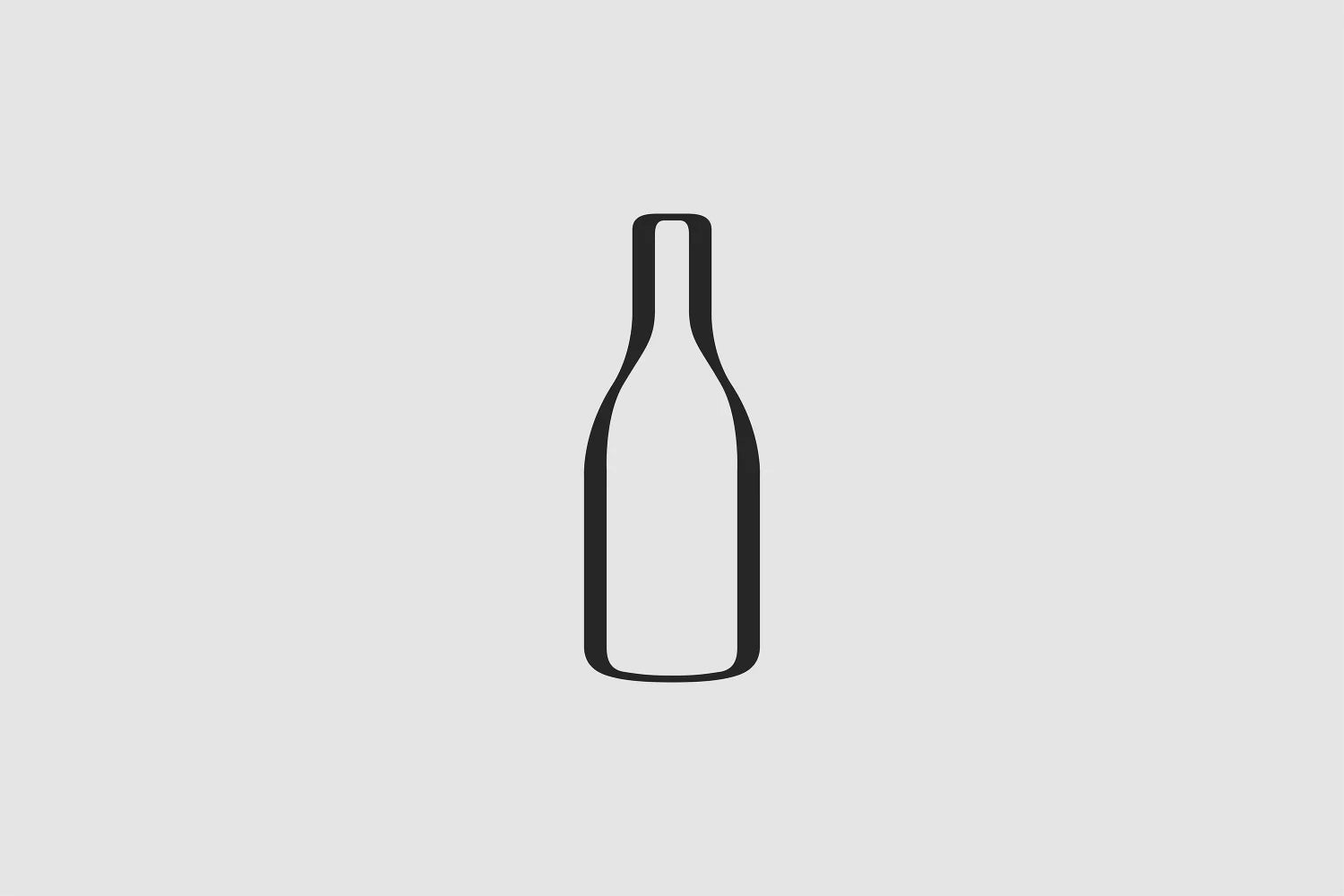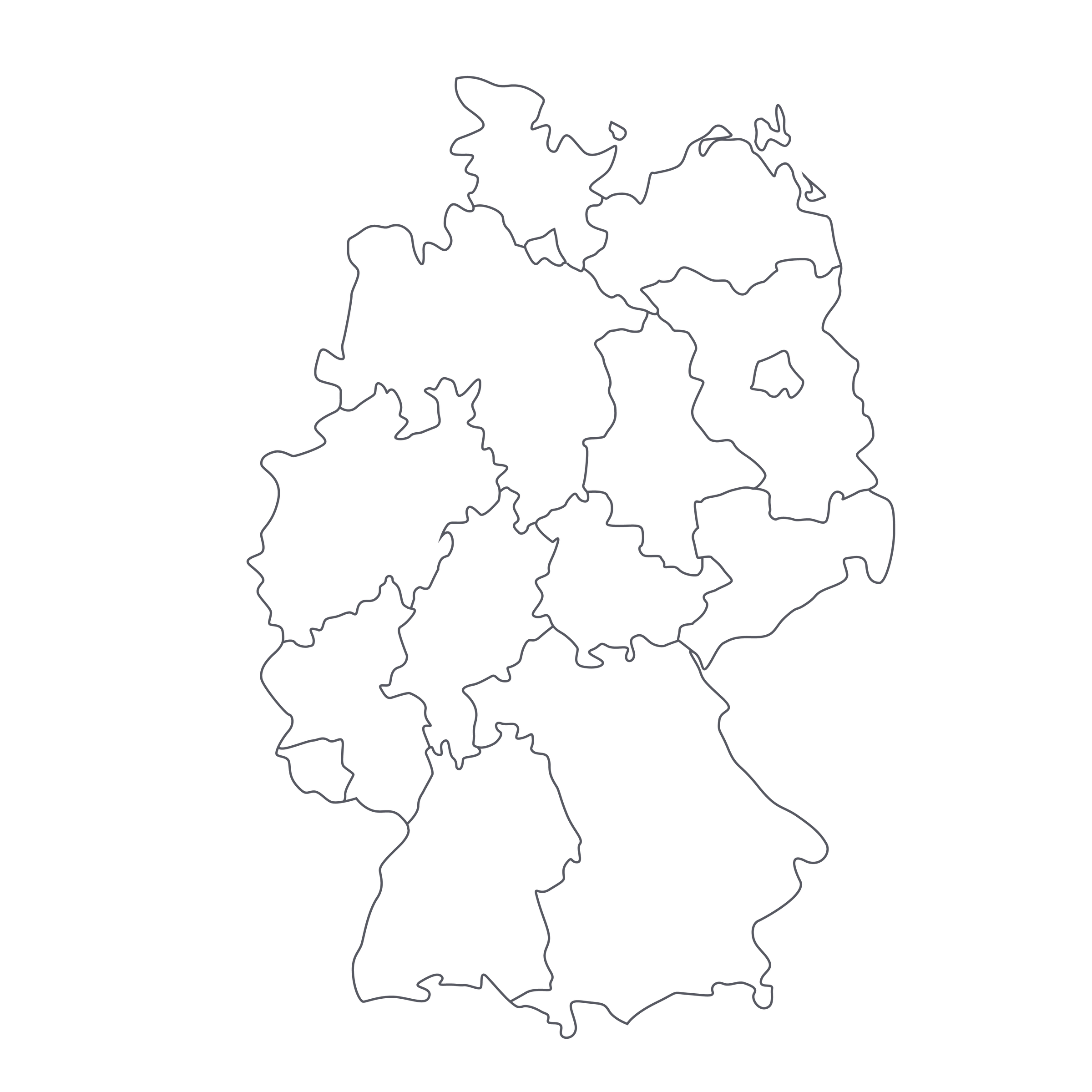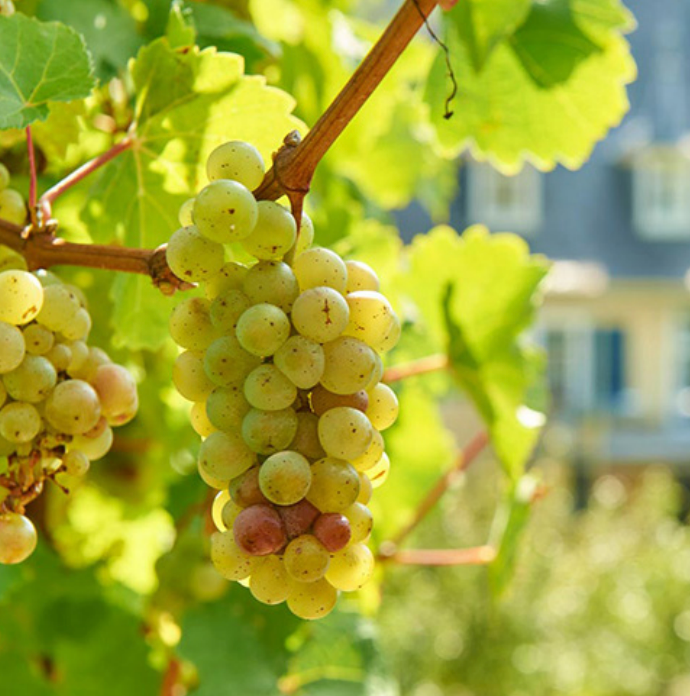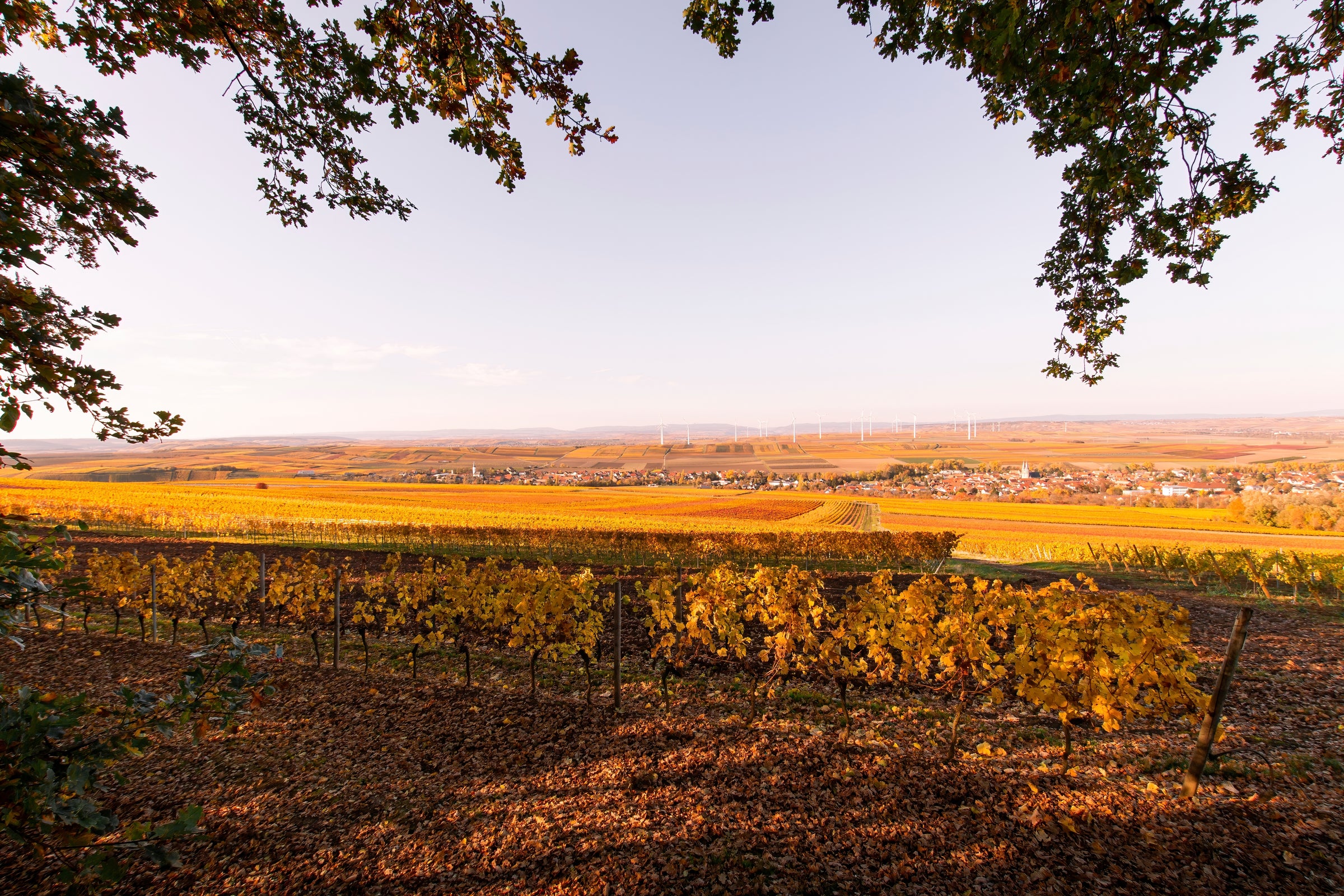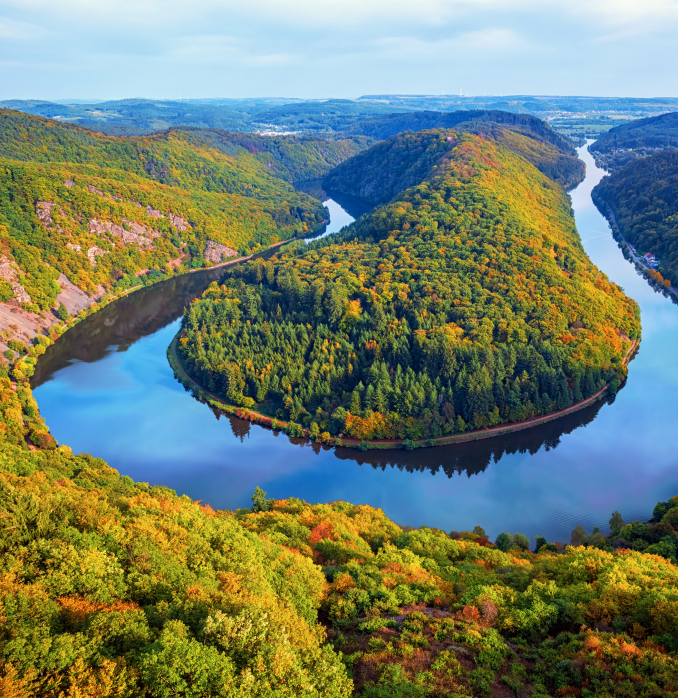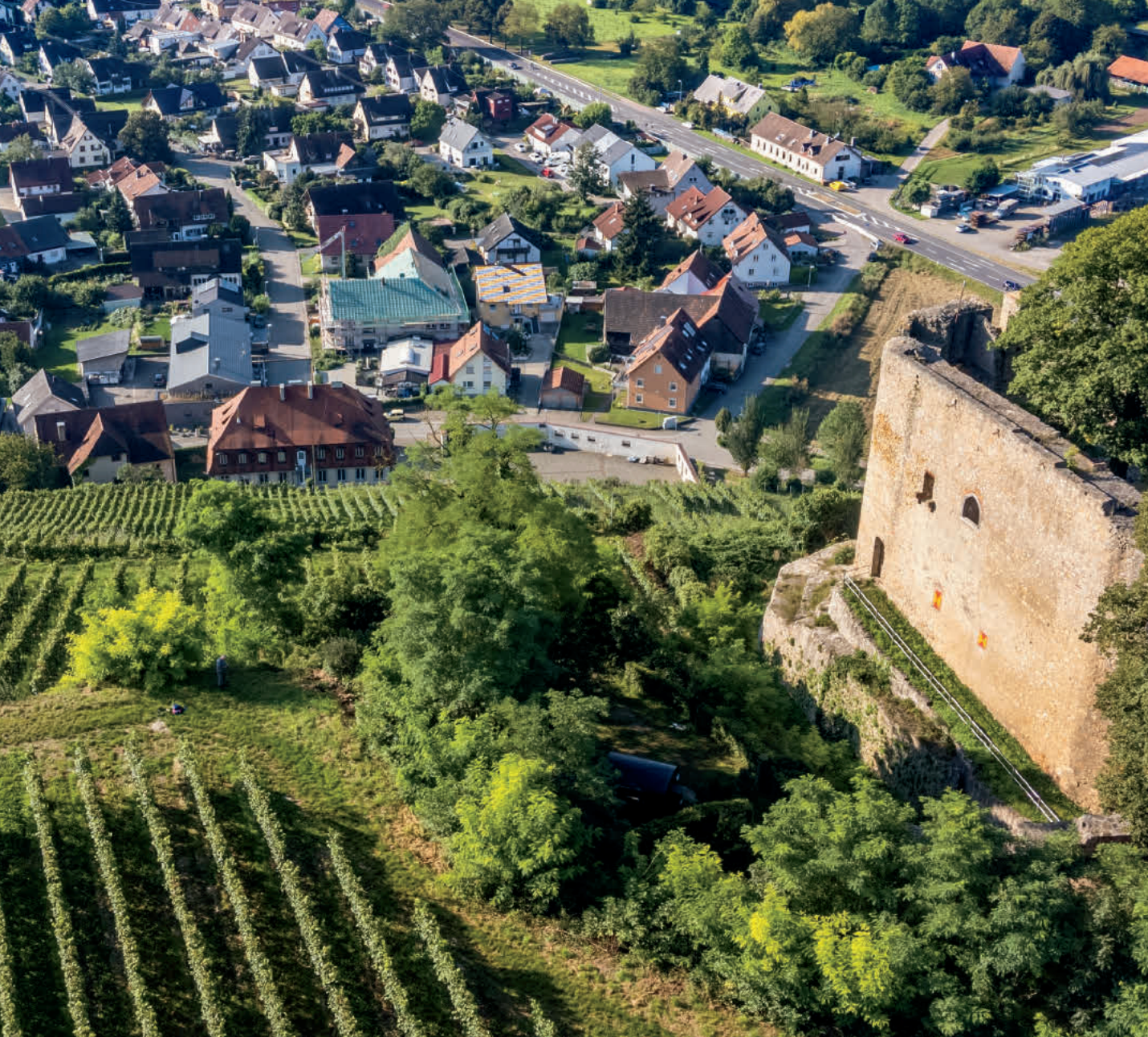Looks like the holidays came early this year: Today’s harmoniously dry, straight-from-the-cellar Riesling is 28 years old and ready to shock the world. Nearly three decades have passed, but this “Winkeler Hasensprung” Auslese Trocken (yes, a dry Auslese!) hasn’t missed a step, carrying itself with incredible poise and freshness. That’s because it remained in Weingut Allendorf’s cellars since bottling and has only been exposed to pure darkness and a steady, cool temperature. Under those conditions, Riesling will shine brightest and age an eternity—particularly so when the vintage was extraordinary, one Jancis Robinson labeled “Europe's wonder year.”
It’s unquestionably true, too: In 1990, Germany experienced one of the greatest vintages of all time, a reference point of comparison for more-recent blockbuster years like 2015. As for those eyeing the “Auslese” designation with caution—I assure you, this is stunningly dry through and through. The fruit is exceptionally ripe, the acidity mouthwateringly high, but this beautiful combination isn’t masking any sugar: This is a bonafide dry and mature Riesling that, if using present-day German wine nomenclature, would be comparable to a Grosses Gewachs (“Grand Cru”). This is a rare treat for SommSelect and we can’t wait for all of you to experience this sensory rush. It’s not rocket science: decades-old wine, perfect provenance, and an unbelievable price add up to an unforgettable wine-drinking experience. If I know our subscribers, and I think I do, our severely limited stock won't last long—as it shouldn’t!
“Hasensprung,” which takes its name for the multitude of rabbits that populate the vineyard, is located in the town of Winkel, perhaps best known for Jesuitengarten, a stretching vineyard site that hugs the precipitous banks of the Rhine River. Allendorf’s parcel within Hasensprung is one of their original plots—which, in this case, is really saying something: The Allendorf family’s roots can be traced back to the 13th century, but wine wasn’t their métier until Philipp Anton Allendorf founded the estate...in 1773! With nearly a quarter-millennium under its belt, the family has accumulated over 140 acres, and, thanks to Fritz Allendorf’s leadership in the second half of the 20th century, most of these vines lie in prestigious sites like Hasensprung. Currently, the estate has been taken over by Fritz’s son, Ulrich, and he works tirelessly to continue the traditional winemaking practices of his father and the countless generations before him.
Grapes for today’s 1990 were hand-picked at impressively ripe levels after several passes through the vineyard. Allendorf’s export liaison describes the year as “...one of the very few vintages in those times when it was possible to produce a dry Auslese.” And he’s right—it was virtually impossible to obtain ripeness without being entirely affected with botrytis bunch rot at that time. In the winery, the Riesling fermented and aged in large, neutral Halbstück casks and the wine was bottled in 1991. They remained undisturbed in their cellars since our visit to the estate in April of 2018 and, in order to maintain their integrity for shipping, each bottle was painstakingly recorked before leaving the winery. After tasting two bottles upon arrival at our warehouse, I can confirm they are in pristine condition.
I cannot wait for you to pull the cork and see the beautiful color this 1990 pours. Allendorf’s Winkeler Hasensprung Auslese Trocken boasts a dark color, nearly vermilion, with deep golden and dark amber reflections, proudly showing its age. Your initial thought may be that your bottle is over the hill, but just wait until you stick your nose into the glass: Right out of the bottle (a short decant is also perfectly fine), the wine sings harmoniously, exploding with quince, peach, apricot jam, warm cinnamon apples, crushed rocks, pineapple, grilled peaches, acacia honey, wild herbs, honeysuckle, yellow flowers, and candied orange peel. And then, despite already being blown away by the pungent aromatics, you take your first unforgettable sip. The luxurious palate is medium-plus bodied with ultra-bright, persisting acidity—a true testament to the uncanny age-worthiness of premier Riesling. The mouthwatering acidity allows the wine to finish bright and bone-dry with endlessly textured ripe orchard and tropical fruits. It showed no signs of fading after hour three of being open (disclaimer: I opened two bottles during this time frame), essentially proving that this STILL has many glowing years ahead of it. Enjoy in all-purpose white stems around 50-55 degrees and continue tracking its evolution over the next 5-10 years. Pair with an easy yet immensely flavorful preparation of chicken curry, and voilà: You’ve had a million-dollar experience for well under $100. Cheers!
